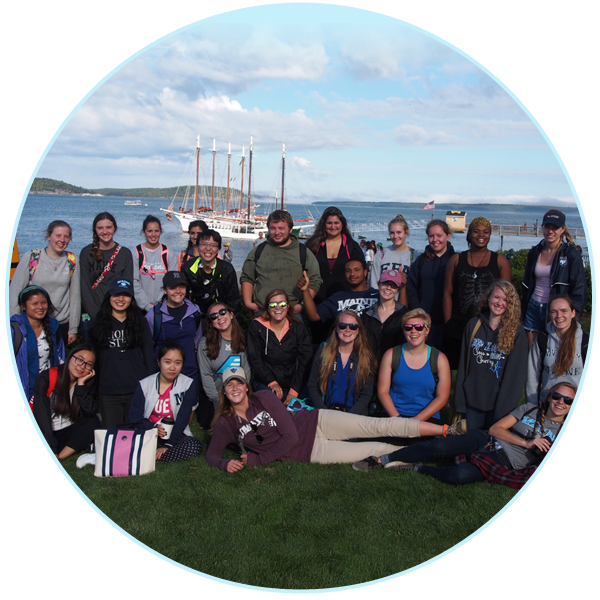This course introduces students to the ecology and conservation of marine mammals, including cetaceans, pinnipeds, sirenians and sea otters. We consider the evolution, morphology, and physiology of marine mammals within the context of mammalian adaptation to the marine environment, and we discuss the behavior and life history of marine mammals to better understand their role in coastal and oceanic ecosystems. This class also focuses on the health of marine mammal populations, the variety of threats they face, and current conservation and management practices and goals. The course is a mixture of lecture and class discussion and activities, during which students are expected to be active participants in their learning.
As a final project, SMS308 students select a peer-reviewed scientific journal article that has been published within the last year and summarize the findings of this article in a news story format intended for the general public. This final assignment follows a semester-long series of discussions and critiques of paired news stories and scientific journal articles. Check out the students’ stories in our online Marine Mammals in the News publication.


